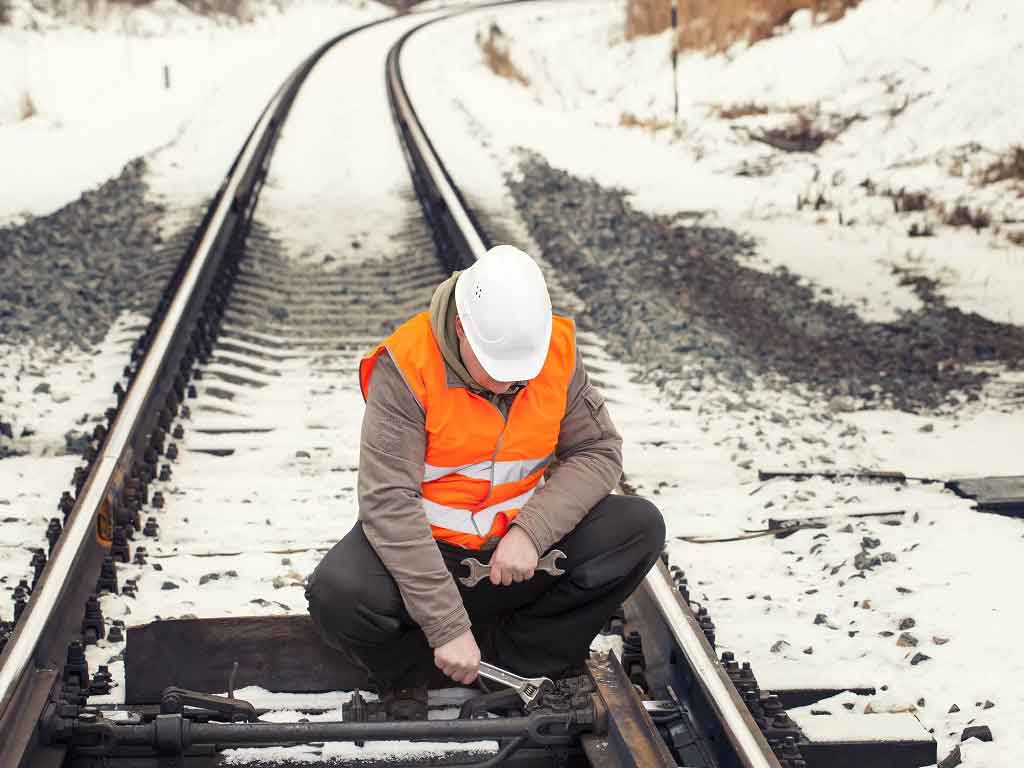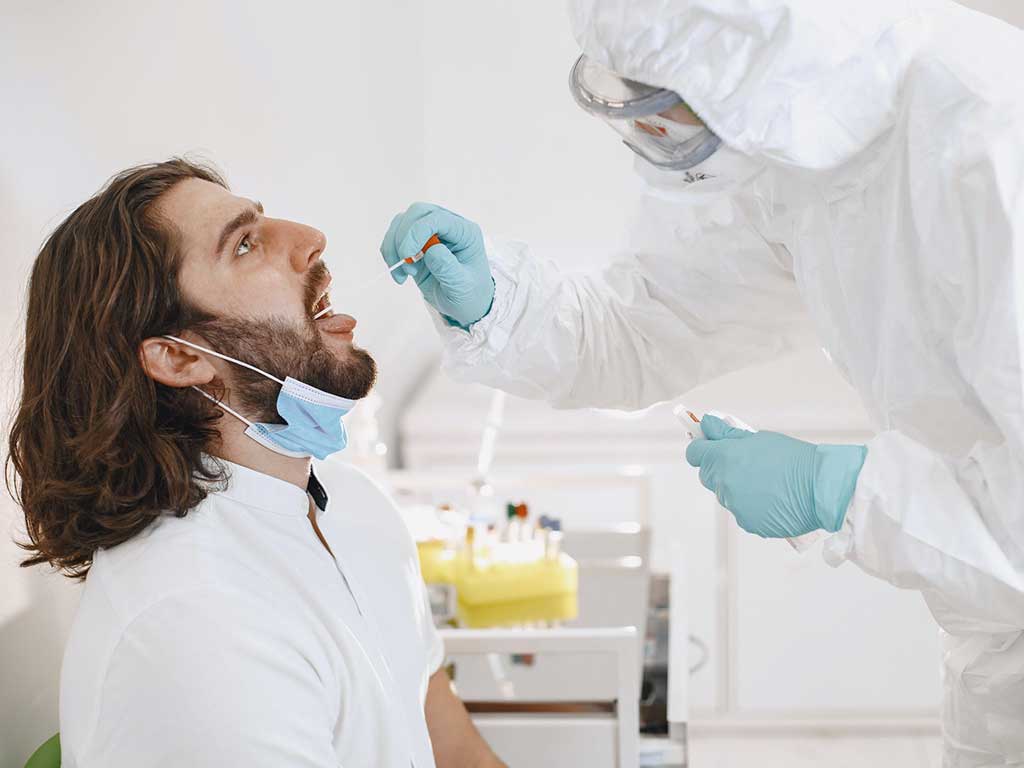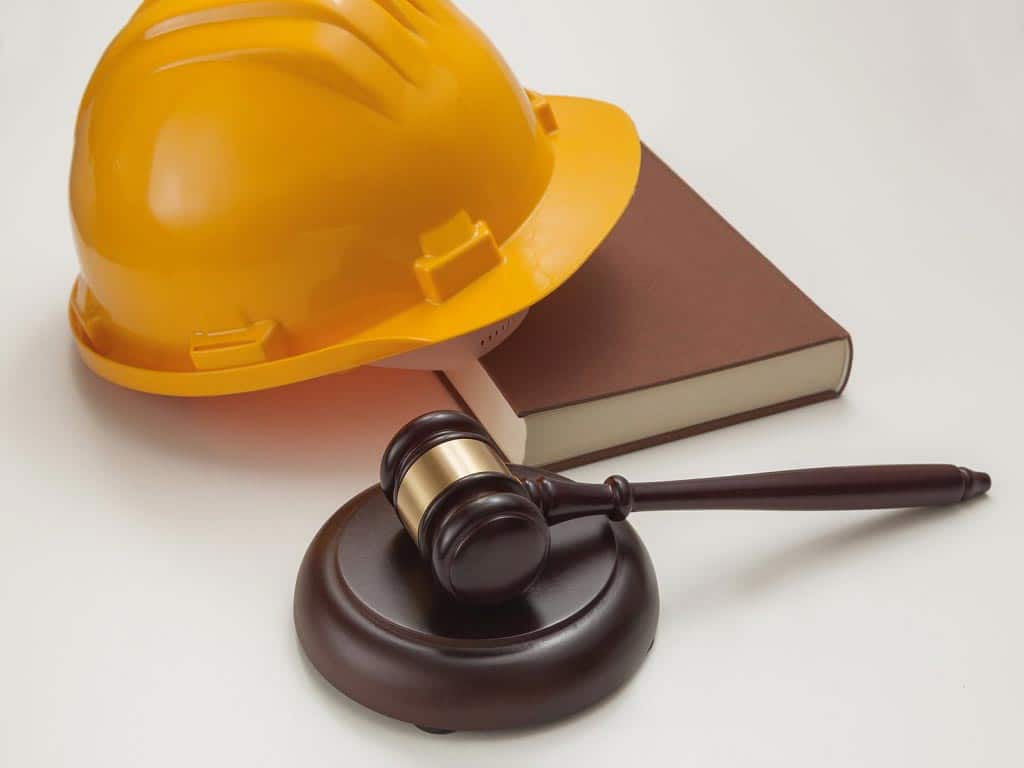Drug and Alcohol Testing for Railway Employees: Significance, Types, and Legality
19 October, 2023

The railway industry is responsible for transporting millions of passengers and valuable cargo. Therefore, drug and alcohol testing for railway employees plays a vital role. One main significance of this is to promote the safety of both the workers and passengers. There are many types available for conducting the test. This includes the use of oral fluid, urine, blood, hair, and breath samples. Accordingly, rail industries must conform with laws and the rights of employees in implementing the policy.
Ensuring railway safety and security operations are crucial. This is especially critical to rail operators running and maintaining the system. With the high-stakes involvement of people, workers must be alert, focused, and free from any illicit substances. This is why the testing process has become a legal requirement for rail transport operators in Australia. The following sections will present the purpose of the test, the types of testing, and its legality.
Significance and Purpose of Drug and Alcohol Testing for Railway Employees
Drug and alcohol testing for railway employees is of utmost importance due to its critical role in ensuring the safety and security of passengers. Fitness is a vital factor in the railway industry because a single mistake in operation can lead to major consequences. By conducting the tests, rail companies identify potential substance abuse problems and ensure that the rail industry worker is fit for duty.
The testing process detects substance impairment. This is due to the random testing that may occur, encouraging employees to refrain from engaging in drug and alcohol use. Through testing, companies can monitor an employee who may have substance abuse issues. Early intervention can help employees seek help to overcome addiction and prevent them from engaging in rail operations.
Moreover, Australian rail organisations regularly conduct drug and alcohol tests to minimise accidents because of impaired judgement or coordination. Therefore, it protects the image of the company and the well-being of the employees and passengers. Additionally, the law mandates testing in the railway industry. Compliance with these is essential to maintain operating licenses and meet legal obligations.
Common Reasons to Test
Rail companies often conduct the testing for the following reasons:
- Pre-employment – this ensures that applicants or new hires are free from any substance abuse issues and capable of performing sensitive duties.
- Random testing – this is a test without any prior notice or for suspicion tests. The approach increases the chances of monitoring employees with substance-related problems.
- Post-accident testing – this helps determine if drugs or alcohol were a factor in the incident. Also, it aids as proof for legal cases and determining liability.
- Follow-up testing – this is to ensure that employees who have previously tested positive are maintaining sobriety and complying with rehabilitation programs.

Types of Drug and Alcohol Testing for Railway Employees
To achieve accurate drug and alcohol testing for railway employees, different methods are used. One way is the saliva collection procedure. This method can detect recent illicit substances, typically within a few hours before the test. It is common for many as it is non-invasive and can give prompt results.
Another is the use of urine samples. This approach can monitor a wide range of drug metabolites in the body. It has a longer detection window compared to the use of saliva testing. Additionally, the analysis of blood samples can provide more accurate results about the current drug or alcohol levels in the body. However, it is not common due to its invasive nature and higher costs.
The hair drug tests can detect long-term alcohol and drug use. This is possible because of the substances left in the hair strands. It has a detection window of about 90 days. To monitor ethanol, some use a breath alcohol device. This method collects a breath sample to determine the blood alcohol concentration level. A breathalyser can give an accurate and prompt result.
Commonly Detected Substances
With the testing methods, numerous substances can be monitored. Firstly, it can detect ethanol. It is the main ingredient in an alcoholic beverage that can impair the overall function of the body. Secondly, it can identify marijuana. This includes an active element like Tetrahydrocannabinol (THC), which can also impair how the brain perceives things.
Another is cocaine. This illicit drug is a powerful stimulant that increases heart rate, boosts energy, and reduces how well a person makes decisions. Prescription drugs that are abused are also detected in the testing. This includes amphetamines, which are present in Adderall and Ritalin.

Legality of Drug and Alcohol Testing for Railway Employees
In the Australian rail organisations, drug and alcohol testing for railway employees conforms with legal laws and regulations. One crucial aspect of testing in the workplace is the requirement for companies to have a clear policy. This outlines the rights and responsibilities of both the rail companies and the workers. Also, this states the testing methods and the consequences of positive results.
The legality of the testing is in the authorisation of National Rail Safety Standards. It includes the duty of care that employers have towards the employee, particularly ensuring health and safety while at work. Hence, the company has the right to implement the testing to secure the workers. However, it is essential to note that the process must be fair and reasonable.
Another critical legal aspect is the protection of employee privacy rights. While employers have the right to conduct drug and alcohol testing, it is vital to respect confidentiality. The testing process must follow a standard procedure, and the result must be private. Accordingly, the company is responsible for providing resources for employees who test positive.
Can an Employee Refuse a Test?
Generally, in other industries, employees can refuse a test. However, rail industry workers, particularly in Australia, are subject to drug and alcohol testing as part of their occupational health and safety requirements. Thus, refusing to take a drug and alcohol test can have serious consequences for the employee, as it is a denial to comply with workplace policies and regulations.
Such refusal may lead to disciplinary actions, including suspension, termination, or other disciplinary measures. It is important for railway employees to understand and adhere to the testing policies in place to ensure safety in the workplace.
Conclusion
Drug and alcohol testing for railway employees is a crucial measure in ensuring safety and preventing potential accidents. By conducting the test, rail companies can identify employees who may be impaired while on duty. This ensures that workers are not under the influence of drugs and alcohol and are fit to operate trains and maintain the railway. Employers can choose different testing methods, such as saliva, urine, blood, hair, or breath.
The legality of the process has the confirmation of the authorities. Nevertheless, employers have the responsibility to protect, inform, and support the workers. It is also vital to protect the rights and confidentiality of the employees. Consequently, rail operators are subject to a test, and a refusal can cause consequences. Substances can impair the functions of the body, which can pose risks. Therefore, drug and alcohol testing is vital for maintaining the integrity and reliability of the railway industry.






























